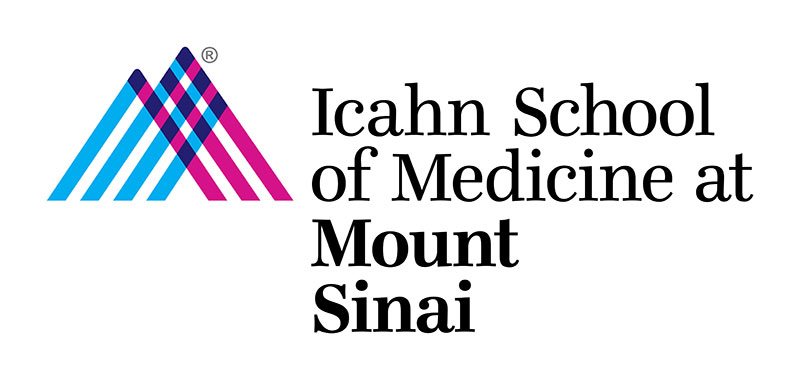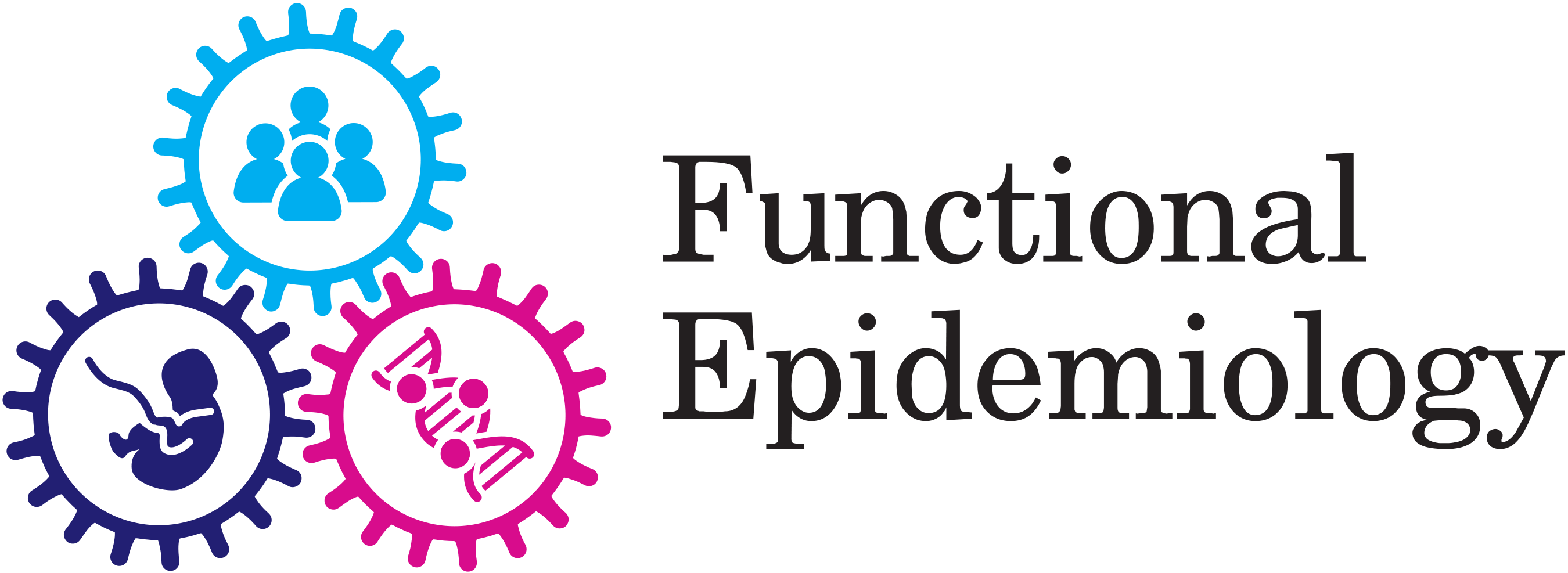Research
Our Functional Epidemiology lab is based within the Seaver Autism Center at the Departments of Psychiatry and Genetics and Genomic Sciences, Icahn School of Medicine at Mount Sinai.
The goal of our research is to better understand why certain parental and early-life factors are associated with a risk of neurodevelopmental disorders in children – leading to a better understanding of the causal mechanisms underlying the observational associations, identification of modifiable risk factors for these disorders, and improved prevention and treatments.
We use large-scale observational, genetic and epigenetic data in order to expose the intricate relationships between child’s earliest environment and their long-term neurodevelopmental outcomes.
We are currently looking for postdocs to join our team! If you’re interested, please contact Dr. Janecka (magdalena.janecka@mssm.edu) for informal enquiries.

Contact Us
Magdalena Janecka
Assistant Professor | Psychiatry, Genetics and Genomic Sciences
magdalena.janecka@mssm.edu
Projects
The research done in the lab represents a diverse collection of research topics and methods, falling into one of these key areas:
Parental and early-life factors in neurodevelopmental and neuropsychiatric disorders
We investigate how a broad range of parental and early-life factors can affect early brain development, and impact risk of neurodevelopmental disorders. Our lab integrates observational, genetic and epigenetic data to develop new approaches to studying the effects of factors like parental age at conception, use of medication in pregnancy, and parental health – with the goal of delineating the mechanisms through which these factors can impact child’s development.
Factors interrogated in the FunEpi team include e.g. the role of paternal age, as well as maternal health and use of medications during pregnancy. We use diverse approaches in order to better understand how these factors can impact both the risk of neurodevelopmental and neuropsychiatric disorders, as well as the relevant comorbidities.
Epigenetic contributions to neurodevelopment
Although much has been learnt about the role of rare genetic variation in neurodevelopmental disorders, still relatively little is known about analogous, rare epigenetic variation. Our lab studies these rare epigenetic events – and their relation with both genetic and environmental factors – in order to better understand the molecular underpinnings of heterogenous pathways to neurodevelopmental and neuropsychiatric disorders.
Team

Miraya Baid
Functional Epidemiology Fellow
Miraya is an undergraduate biology and psychology major at Grinnell College. During her fellowship at the FunEpi lab, she applies statistical methods to interrogate the association between genetic and environmental exposures associated with autism risk.
Nevaeh Bland
CEYE student
Nevaeh is a high school senior in High School for Maths, Science and Engineering and part of the CEYE program. In FunEpi lab, Nevaeh explores Medicaid data to learn about common risk factors for neurodevelopmental and neurodegenerative disorders.

Charikleia Chatzigeorgiou, PhD
Postdoctoral Fellow
Hara focuses on the application of statistical genetics methods to unravel biological pathways of autism spectrum disorder and other psychiatric disorders.

Christine Søholm Hansen, PhD
Postdoctoral Fellow
In the FunEpi lab, Christine focus is on epigenetic mechanisms of prenatal development leading towards adult morbidity in psychiatry, leveraging family cohorts.

Magdalena Janecka, PhD
Principal Investigator
Dr. Janecka is an Assistant Professor in the Departments of Psychiatry and Genetic & Genomic Sciences, focusing on better understanding of the causal mechanisms underlying epidemiological associations between early-life exposures and neurodevelopmental disorders.

Vahe Khachadourian, MD, MPH, PhD
Instructor
In the FunEpi lab, Vahe’s main interest lies in advanced epidemiologic and statistical methods, with an emphasis on causal inference using data from observational studies.

Kenzo Senaha Kimura
Seaver Undergraduate Research Scholar
Kenzo is a senior at New York University studying Communicative Sciences and Disorders. In the FunEpi lab, Kenzo is identifying potential genetic confounding driving the association between Autism Spectrum Disorders and environmental exposures.

Candice Medina, BS
MS Epidemiology student
Candice is a masters student studying Epidemiology. Her research interest lies in healthcare disparities among minority groups, particularly in the field of psychiatry.

Nina Zaks, BS
Research Coordinator
Nina Zaks is pursuing a MS in Epidemiology gaining expertise in quantitative methods to inform decisions in public health. In the FunEpi lab, Nina is studying psychiatric morbidities associated with female reproductive disorders.
Alumni





Ayooluwa Akinkunmi
Haverford College
James Gluck
Brown University
Emma Lin
Hunter High School
Elah Wilson
Stuyvesant High School
Artemis Briasouli
Funding
NICHD, R01HD107528
Prenatal exposure to medication in autism, birth complications and developmental disabilities (PI: Janecka; MPIs: Reichenberg, Schlessinger)
We aim to study 1.2 million children to test autism risk associated with prenatal exposure to medications, examine the diverse sources of confounding in these associations, and test the findings’ generalizability and specificity.
NIMH, R01MH124817
Maternal health in pregnancy and autism risk – genetic and non-genetic mechanisms (PI: Janecka)
The key objectives of our proposal are to (1) test the associations between maternal health and ASD systematically, across the full spectrum of maternal diagnoses, and accounting for their correlation, and (2) elucidate the genetic and/or non-genetic mechanisms underlying these associations, using both Danish registry and Kaiser Permanente Northern California data, as well as genetic data provided by the iPSYCH consortium.
Mindich Child Health and Development Institute Pilot Award
Gene expression in endocervix during pregnancy – novel biomarkers of neonatal outcomes (PI: Janecka, PhD; co-PI: Eiland, MD, FAAP; Turro, PhD)
This project explores the potential of using gene expression data from endocervical samples collected during routine examination of pregnant women to predict neonatal adversity early in pregnancy.
Jobs
We are always keen to hear from prospective postdoctoral fellows, with a strong quantitative background and interest in neurodevelopmental disorders, interested in joining our friendly and inclusive group. Broad project themes will include, but will not be restricted to:
– Interrogation of the effects of parental health and medication use in the prenatal period on the risk of neurodevelopmental disorders in offspring; methods will include: novel approaches to analyze epidemiological data that generate stronger inference of underlying causality; interrogating genetic correlations between parental conditions and neurodevelopmental disorders; Mendelian randomization; analysis of epigenetic alterations as mediators between the environmental/genetic influences underlying parental conditions and neurodevelopmental disorders.
– Investigating the causal contribution of early-life complications (related to birth and/or pregnancy) in neurodevelopmetal disorders; methods will include: analysis of EHR (lab, medication, diagnoses), gene expression, epidemiological and epigenetic data; investigating shared genetic factors underlying the relevant phenotypes; Mendelian randomization;
Fellows will be encouraged to, and supported in, developing independent ideas and projects that fit within the broad scientific goals of the lab. The post has dedicated funds for additional training conducive to the fellow’s scientific development and progression of the study goals.
Interested candidates are invited to submit a CV to:
Magdalena Janecka, Ph.D
magdalena.janecka@mssm.edu
For informal enquiries, please contact magdalena.janecka@mssm.edu

